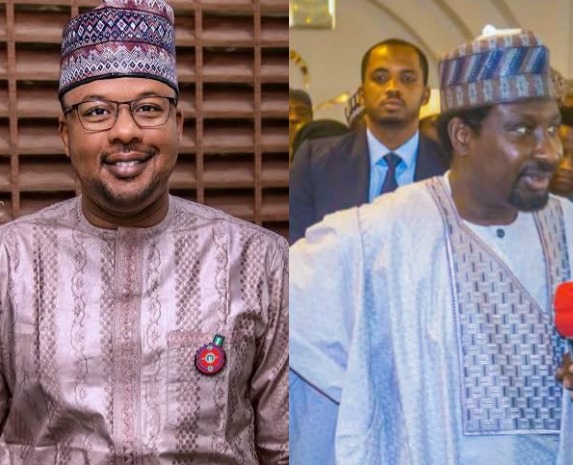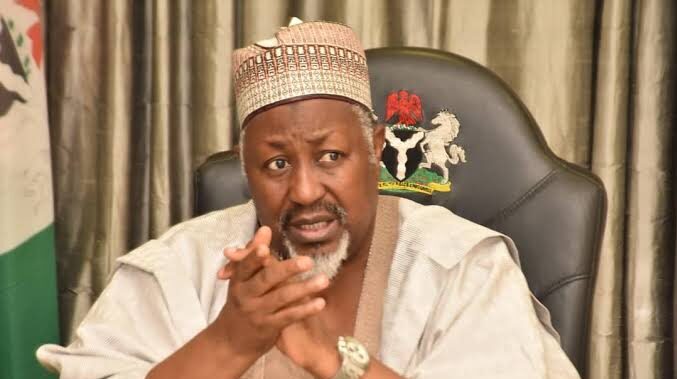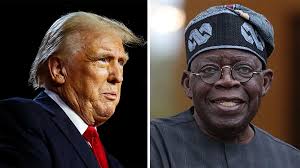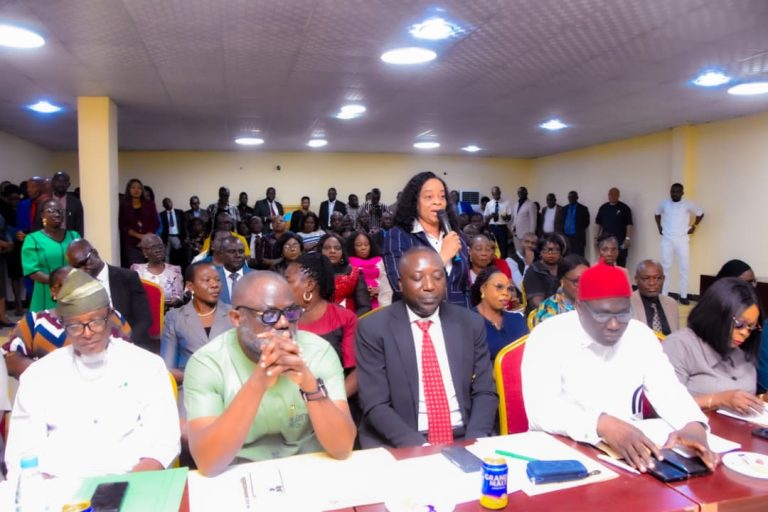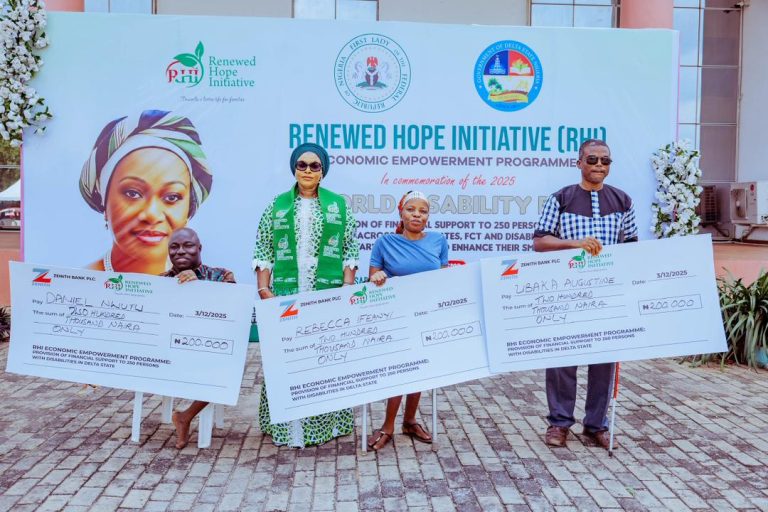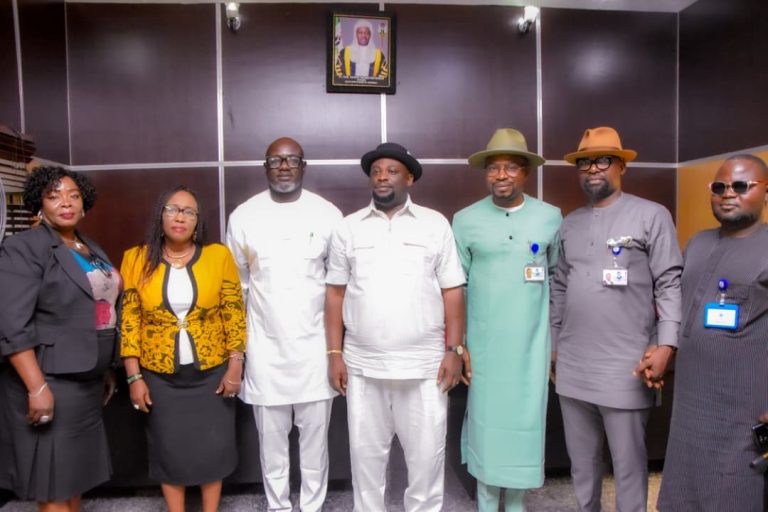
The Federal Government has reassured Nigerians of brighter days ahead as it continues to implement policies aimed at revamping the country’s economy.
Since taking office last year, President Bola Ahmed Tinubu has introduced major reforms designed to revive the economy and attract foreign investments. However, these changes, including the removal of the fuel subsidy and the floatation of the naira, have resulted in rising fuel prices and the highest inflation rates in 30 years.
During the 30th Nigerian Economic Summit held in Abuja, Minister of Budget and Economic Planning, Atiku Bagudu, addressed the nation’s concerns, affirming that the current economic challenges are temporary. Bagudu stated, “There is indeed light at the end of the tunnel,” pointing to early signs of improvement as evidence of progress.
“These governance and institutional reforms have helped to improve our macro-economic performance,” Bagudu noted. “Our GDP grew from 2.98% in Q1 2024 to 3.19% in Q2 2024, inflation is trending downwards, and our external reserves are improving.”
He further explained that Nigeria’s external trade balance improved slightly in Q2 2024, signalling the effectiveness of the administration’s economic reforms.
Bagudu acknowledged the difficulties citizens are facing but expressed confidence that the economy is on the right path, highlighting the importance of bold and collaborative efforts to address decades of under-investment. “We need more to ensure we deliver a collaborative, competitive, and stable environment,” he added.
With the summit’s theme, “Collaborative Action for Growth, Competitiveness, and Stability,” Bagudu emphasized the government’s commitment to improving the lives of all Nigerians, in line with the administration’s renewed hope agenda. Despite the current hardships, the government remains optimistic about Nigeria’s economic future.

